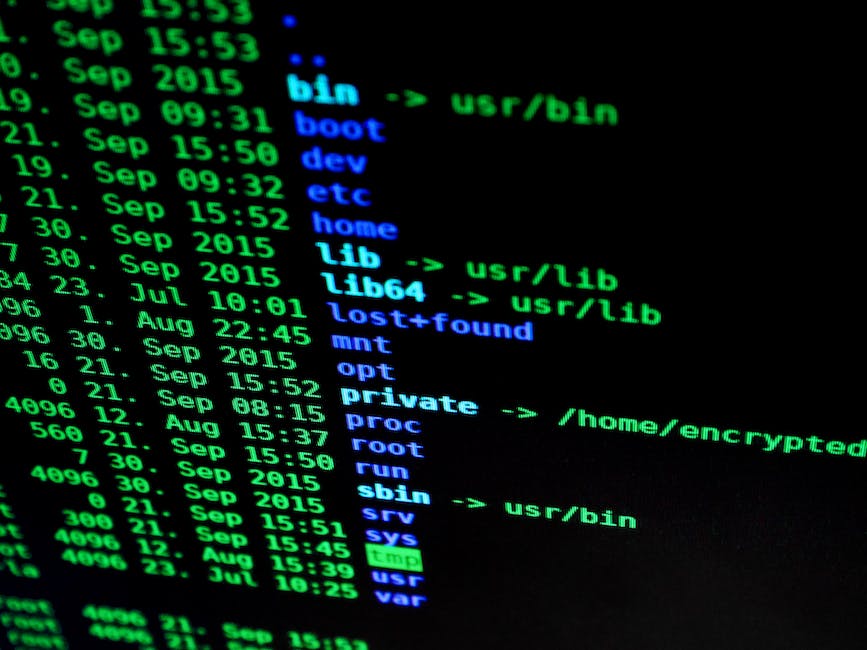Can you really see who viewed your profile?
Curiosity about who viewed your profile on social media or networking platforms is quite common. Many users wish to know if it is possible to see who has been visiting their profiles, but the reality is a bit more complicated. As of now, major social media platforms like Facebook, Instagram, LinkedIn, and Twitter do not provide a feature that allows users to see who viewed their profiles. While some third-party apps and websites claim to offer this functionality, they are often unreliable and may even pose security risks.
It's important to be cautious when considering the use of such third-party apps, as they might violate the terms of service of the platform and compromise the user's privacy. The inability to see who viewed your profile is actually a privacy and security feature. It helps protect users from unwanted intrusion and allows for a certain level of anonymity when browsing or checking out other users' profiles. In conclusion, while the desire to know who viewed your profile is understandable, the current design of major social media platforms prioritizes privacy and security.
It's always best to rely on the official features and settings provided by these platforms and avoid using third-party apps that claim to offer profile-view tracking.
See also social blade instagram
Privacy and security concerns
Privacy and security are two fundamental aspects of our digital world that have become increasingly important in recent years. With the rapid advancements in technology and the widespread use of the internet, the need to protect personal data and sensitive information has never been more critical. In today's interconnected world, privacy issues have become a growing concern. Social media platforms, e-commerce websites, and various online services often collect an abundance of user data, raising questions about how this information is being used and whether it is adequately protected from unauthorized access.
The rise in cybercrimes, such as identity theft and financial fraud, has further highlighted the need for robust privacy measures to safeguard individuals' personal and financial information. Similarly, the issue of security in the digital space has garnered significant attention. Data breaches, hacking incidents, and malware attacks pose serious threats to both individuals and organizations. The potential consequences of these security breaches can be devastating, ranging from financial losses to reputational damage. As a result, there is a growing emphasis on implementing effective security protocols and utilizing the latest security technologies to mitigate the risks associated with cyber threats.
In response to these concerns, governments and regulatory bodies have started to introduce stricter data protection laws and regulations to ensure that individuals' privacy rights are upheld. Likewise, companies are recognizing the importance of prioritizing user privacy and investing in robust security measures to build trust with their customers. In conclusion, the evolving landscape of digital privacy and security requires continuous attention and adaptation to address emerging challenges. By fostering a culture of privacy awareness and promoting cybersecurity best practices, we can strive to create a safer and more secure online environment for everyone.
See also how to appear offline on instagram
Tips for maintaining privacy on Instagram
In today's digital age, privacy on social media platforms such as Instagram is becoming increasingly important. With the sharing of personal photos, stories, and moments, it is essential to take proactive steps to protect your privacy. Here are some tips for maintaining privacy on Instagram. Firstly, it is crucial to review your account's privacy settings regularly. Instagram provides various options to control who can see your posts, stories, and personal information. By navigating to the "Privacy" section in the settings, users can customize their account's privacy according to their preferences.
This includes options to make your account private, control who can message you, and manage commenting and tagging permissions. Secondly, be mindful of the information you share on your profile. Avoid posting sensitive personal details such as your home address, phone number, or financial information. Additionally, refrain from sharing content that could potentially compromise your security, such as vacation plans or expensive purchases. Furthermore, exercise caution when accepting new followers and friend requests. Be selective about who you allow to follow you, and avoid engaging with suspicious accounts or requests from unknown individuals.
It is essential to prioritize the safety of your online community. In addition, regularly review and manage the tags on your posts. By monitoring and approving tags before they appear on your profile, you can avoid being associated with content that you do not wish to be publicly linked to. Lastly, consider enabling two-factor authentication for an extra layer of security. This feature helps protect your account by requiring a verification code in addition to your password when logging in from a new device. In conclusion, safeguarding your privacy on Instagram is a responsibility that should not be overlooked.
By staying informed about the platform's privacy features and being mindful of the content you share, you can maintain a safe and secure online presence.
See also ebanie bridges instagram
